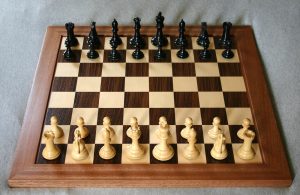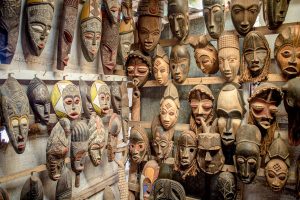Unit 3: Higher Cognition

Description: This unit examines the most complex aspects of human thinking, including problem-solving, decision-making, and the cultural and evolutionary contexts that shape cognition. We explore how humans approach complex problems, examine both rational and biased decision-making processes, investigate how culture influences fundamental cognitive processes, and consider what comparative studies reveal about uniquely human cognitive abilities. Through understanding these higher-order processes, we gain insight into the sophisticated and diverse nature of human thought.
Why This Unit is Important: Understanding higher-order cognitive processes is crucial for counseling practice with diverse populations. Therapists use this knowledge to help clients improve problem-solving skills, make better decisions, recognize cognitive biases, and understand how cultural background shapes thinking patterns. This understanding helps counselors work effectively across cultures, adapt therapeutic approaches to different cognitive styles, and appreciate the evolutionary foundations of human cognition. Beyond counseling, these principles inform cross-cultural communication, guide educational practices for diverse learners, and help organizations understand cultural differences in thinking and decision-making. This knowledge helps you work more effectively with the full spectrum of human cognitive diversity.

Unit Learning Objectives: At the end of this unit students will be able to…
- ULO1: Explain the difference between reproductive and productive problem-solving and evaluate AI approaches. (CLO1, CLO3, APA1, APA4)
- ULO2: Evaluate models of decision-making and analyze assumptions of rational choice. (CLO1, CLO4, APA1, APA4)
- ULO3: Identify factors that interfere with effective decision-making and apply understanding of judgment biases. (CLO2, CLO5, APA2, APA5)
- ULO4: Analyze how culture influences basic cognitive processes and apply cultural cognition research to develop effective multicultural counseling practices. (CLO2, CLO5, APA2, APA5)
- ULO5: Compare cognitive abilities across species and discuss whether animal cognition is fundamentally different from human cognition. (CLO2, CLO4, APA2, APA4)
Media Attributions
- Chess Board by Staxringold, Licensed under CC BY-SA 3.0
- Togo Masks by Philip Nalangan, Licensed under CC BY 4.0

